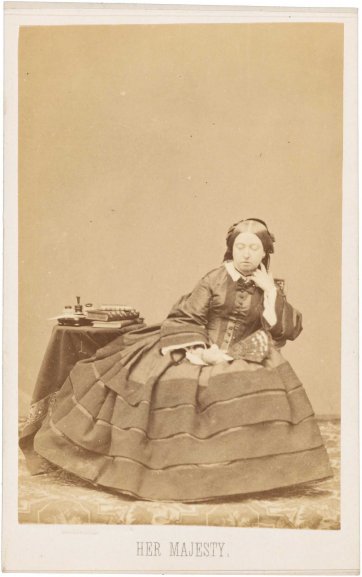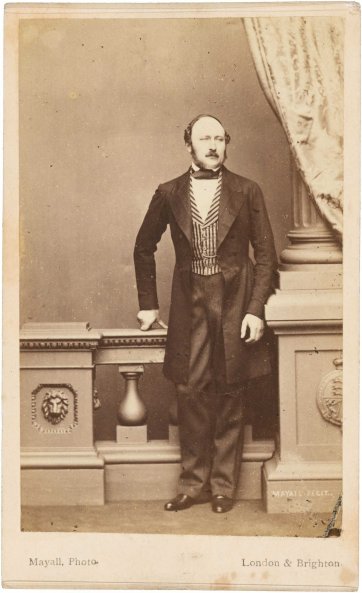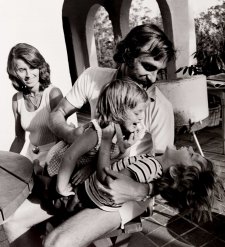‘I said to Albert we should be very, very intimate together, and that he might come in and out when he pleased. ... Oh! How happy I shall be to be very, very intimate with him!’
We hear so much about Queen Victoria being a perfect nugget of nineteenth-century womanhood, yet she proved an exception to many rules. There was her marriage, for instance. True, it was typically monarchical in being arranged with bloodlines in mind, and yes, it fulfilled the purpose of producing an heir (and then some). Betrothal to her cousin, Prince Albert of Saxe-Coburg and Gotha, had long been on the cards, so it must have been a bonus for Victoria to find that she really fancied him. ‘I NEVER, NEVER spent such an evening!’ she wrote of her wedding night, and subsequent journal declarations show she privately disavowed the ‘Victorian’ notion that proper women should lie back and think of England. Victoria was famously bereft when she was widowed at age 42, having lost not only a consort but a man she truly loved – in every sense of the word.






























